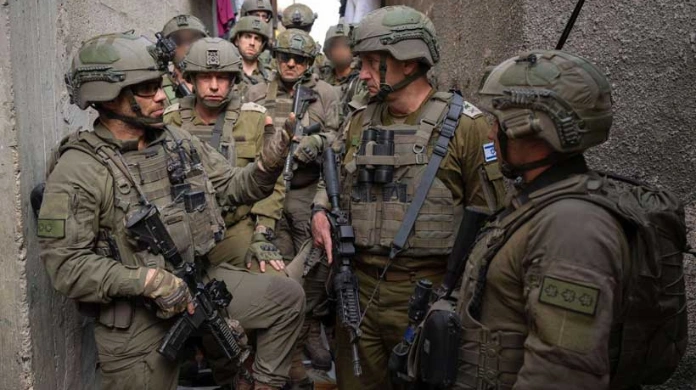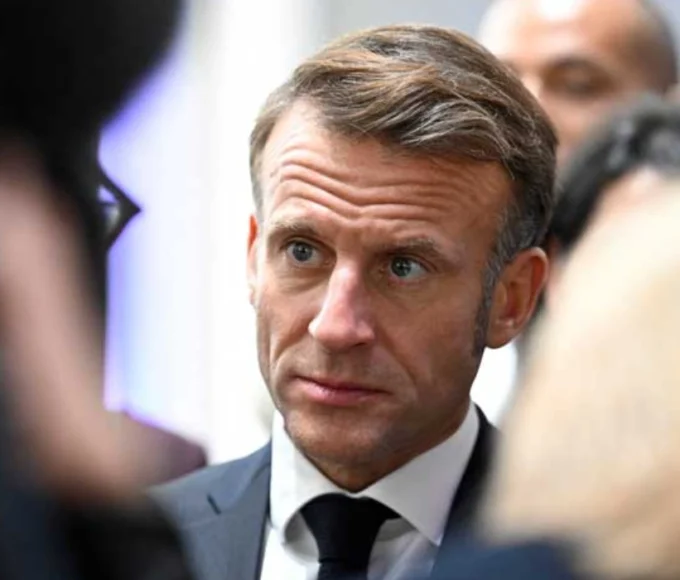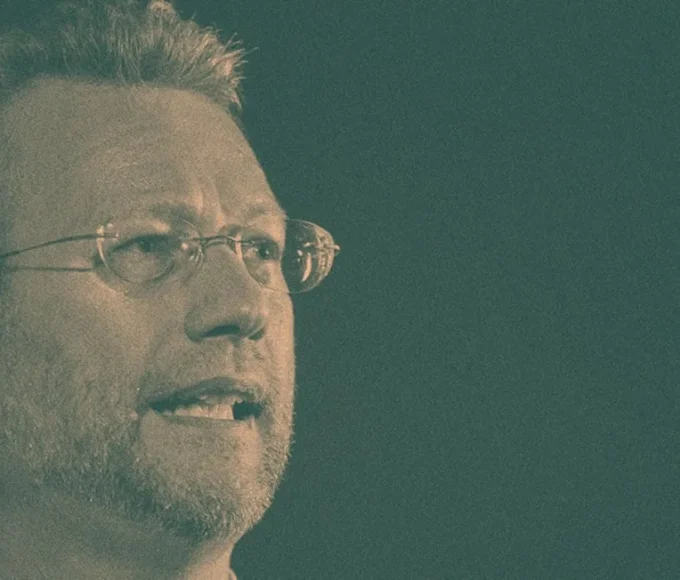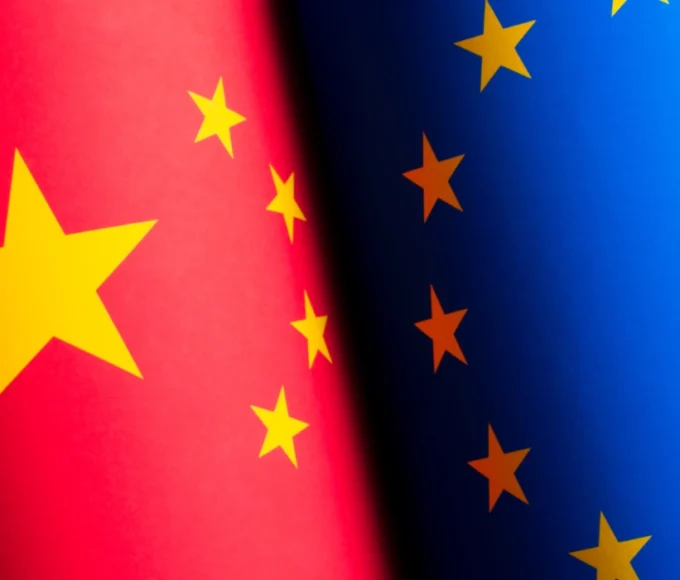Germany has taken the unprecedented step of suspending all military exports to Israel that could be used in Gaza, citing escalating humanitarian concerns amid intensifying conflict in the region. This decision marks the first such suspension by united Germany, reflecting deep tensions between longstanding ties and growing pressure over the worsening crisis in Gaza, where starvation and malnutrition have reached alarming levels.
Germany’s Policy Shift: Suspension of Arms Exports
Historic First Suspension
Chancellor Friedrich Merz announced the suspension of arms exports to Israel “until further notice,” driven by Israel’s planned intensified military operations in Gaza City and the deteriorating humanitarian situation. This marks the first time since Germany’s reunification that it has halted military support to its closest Middle Eastern ally. Germany is Israel’s second-largest arms supplier, responsible for about 47% of Israel’s conventional arms imports in 2023, with the United States supplying the remaining 53%.
Scale of Arms Exports and Political Debate
In 2023 alone, German arms exports to Israel totaled approximately €326.5 million ($380.1 million). The decision to suspend these exports came amid intense domestic debate and significant pressure from coalition partners, particularly the Social Democrats, who condemned the humanitarian consequences of continued military support amid the ongoing conflict.
Humanitarian Crisis in Gaza: Driving Political and Public Pressure
Starvation and Malnutrition Toll
The Gaza conflict, which has lasted over 22 months, has led to a dire humanitarian emergency. Health officials in Gaza report 197 deaths from malnutrition during the conflict period, including 96 children. The blockade and expanding military actions contribute to widespread hunger and a collapsing health infrastructure. Germany’s government emphasized increased responsibility on Israel to ensure adequate nutrition and health care for Gaza’s civilians.
Reactions Within Germany
Vice Chancellor Lars Klingbeil and other government officials emphasized the “intolerable” humanitarian crisis and the necessity of strict arms export controls. A June 2025 survey indicated that 73% of Germans support tightening arms exports regulations, with 30% favoring a total ban on arms sales to Israel.
International and Israeli Responses
Global Condemnation of Military Expansion Plans
Israel’s security cabinet recently approved a plan to take over Gaza City and further expand military operations. This plan elicited widespread international condemnation from the United Nations, European countries including Germany and the UK, as well as major actors such as China and Russia. UK Prime Minister Keir Starmer branded the occupation plan “wrong” and urged reconsideration.
U.S. Position and Israeli Academic Warnings
While the United States remains aligned with Israel’s objectives, it expressed some disagreement over the chosen war strategies, as voiced by Vice President JD Vance. Over 100 Israeli academics warned that the absence of German pressure could “lead to new atrocities” in Gaza, underscoring the significance of Germany’s diplomatic and material influence.
UN and Human Rights Expert Views
UN human rights experts welcomed Germany’s suspension as “long overdue,” calling for Germany to leverage its position to push for an immediate ceasefire and Israeli withdrawal. The decision represents growing isolation of Israel in the face of European and Arab criticism amid escalating civilian suffering.
Context and Background
Since a Hamas attack on Israel in October 2023, the Gaza conflict has escalated, resulting in thousands of casualties on both sides and a humanitarian crisis heightened by blockades and military actions. Germany has historically balanced strong support for Israel’s security—with a particular sensitivity rooted in the Holocaust legacy—with advocacy for peaceful solutions, including a two-state framework. The current crisis has substantially shifted German policy dynamics, reflecting increasing domestic and international calls to prioritize humanitarian concerns over military support.









